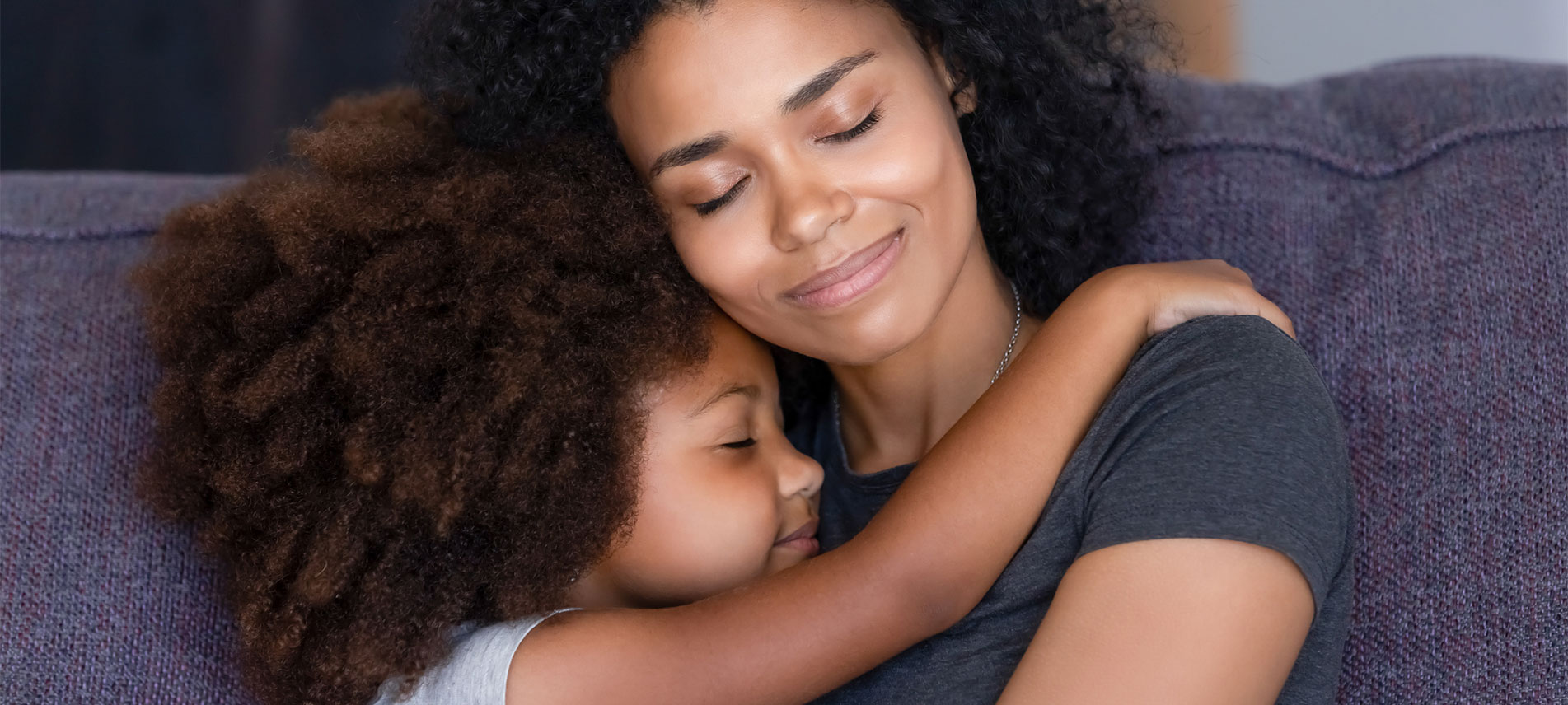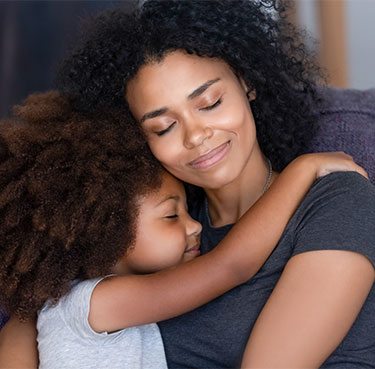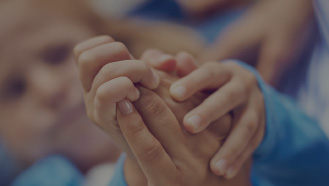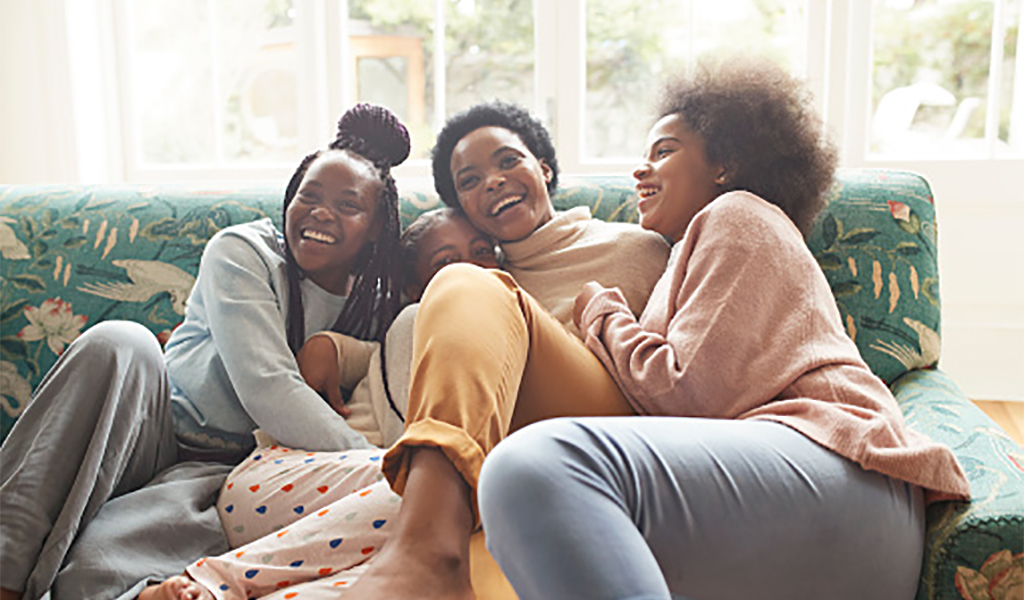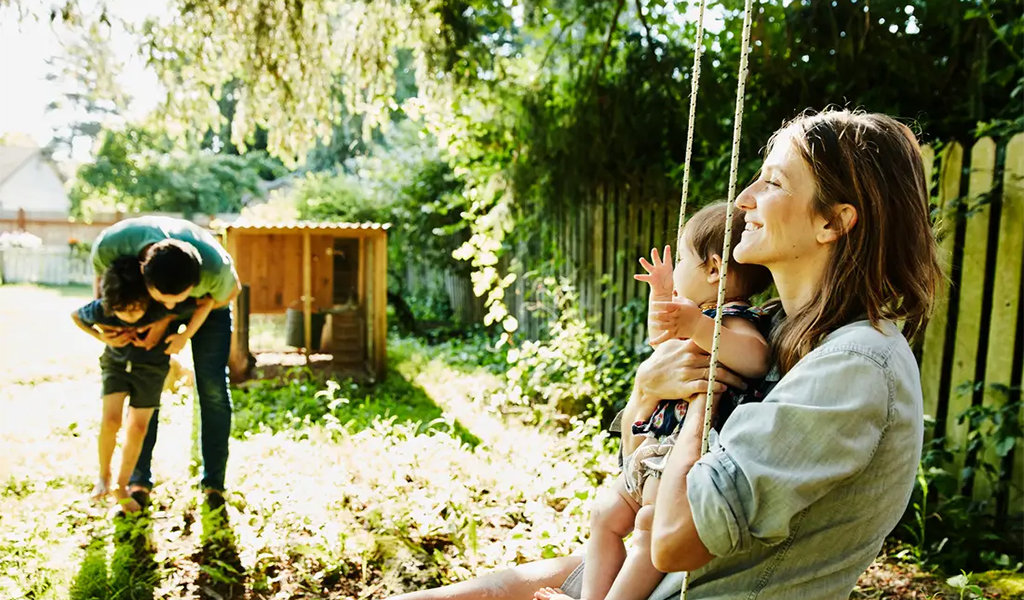Dealing with loved ones
A diagnosis of cancer affects not only those with the cancer, but also their family and friends. ln fact, while about 30% of women with breast cancer experience significant distress that may lead to some form of depression, anxiety, or other psychological disorders, you might be surprised to know that around 20% of family and friends caring for cancer patients experience similar levels of distress.1
Maintaining your relationship with your partner
If you have a partner, the roles within your relationship may undergo some form of change. Reactions can differ greatly. Some may have negative thoughts, some may want to remain positive at all times, and others may continue ahead as before. All these different reactions may serve as coping mechanisms. Despite individual differences, it is usually best to try and be honest and talk directly about concerns and problems that either of you are experiencing.2
Helping your children to understand
If you have children, depending on their ages, it may be difficult to talk to them about a diagnosis of breast cancer. As with adults, children may have a variety of reactions. They may be scared or angry, or worried. They may even try to avoid talking about it. At all ages, try to give them realistic expectations about what they can expect from you, and how the treatment of breast cancer will affect your – and their – daily routines. This will help them to understand when you are not feeling well, because of your treatment for breast cancer.3
Make sure that you ask your healthcare team about support for your family and partner. They will be able to provide resources for more effective communication.
References
- Lally RM, Brooks C. J Cancer Educ. 2016;31(4):626-32.
- https://www.breastcancercare.org.uk/information-support/facing-breast-cancer/living-beyond-breast-cancer/coping-emotionally/relationships-familly [Last accessed Dec 2016].

Breast cancer: Live your life
PDF - 796 Kb


